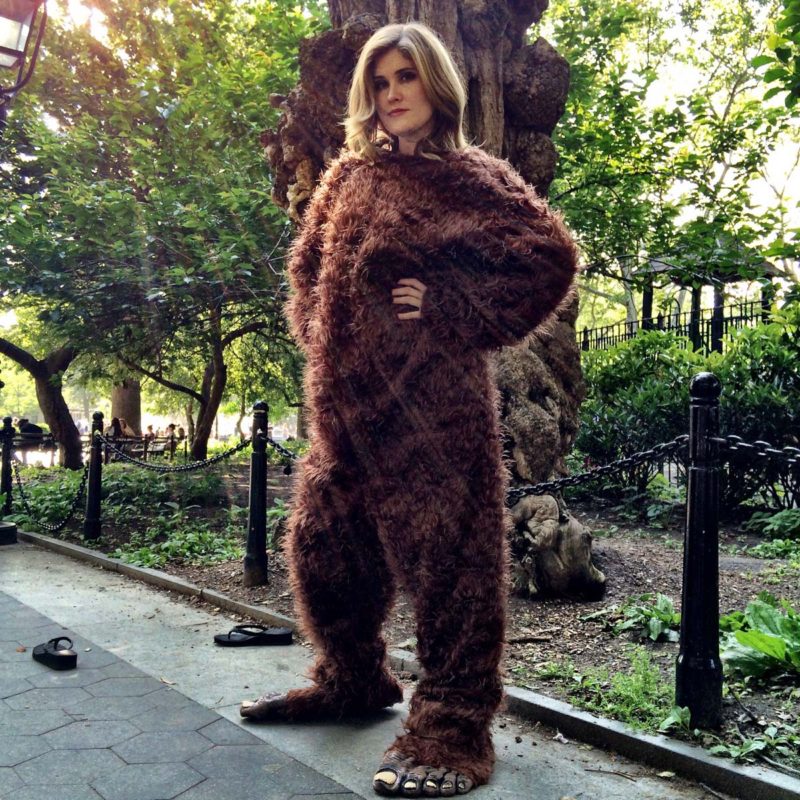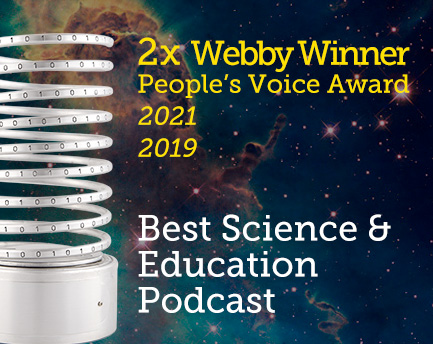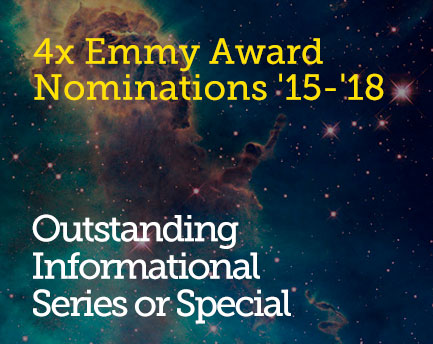June 12, 2017 9:51 pm
Tuesday, Natalia Reagan, Patrick Melton, and Paleoanthropologist Marc Kissel Uncover What It Means To Be Human.
What does it mean to be human? What are the defining traits that make our branch of evolution stand out amongst the ever-expanding line of ancestor species and distant human relatives? That’s what this episode of StarTalk All-Stars is all about: defining us.

Our host, primatologist Natalia Reagan. Credit: Todd Disotell.
Primatologist and comedian Natalia Reagan is joined once again by comic co-host Patrick Melton as they welcome paleoanthropologist, Marc Kissel. On this episode, you’ll hear about the many pieces that paleoanthropologists are investigating to help put together the puzzle of “becoming human.”
I enjoyed listening to Marc lead the conversation on “symbolic thinking.” As discussed on the episode, it’s no longer correct to assume that vocalization and tool use solely make us human – we need evidence of more advanced methods of communication. “Symbolic thinking,” as Marc describes it, is a catch-all term to explain how humans are very good at using things/words to stand for things that are not right there in front of us. This takes place throughout language. A good example is tattoos, which usually have a “meaning” and stand for something else other than just ink on the body.
As far as we know, other primates don’t use symbolic thinking. However, as our group points out, it’s very dangerous to assume they don’t because research could come out the next day proving otherwise.
It’s very interesting to think about the mystery that still shrouds the evolutionary tale of modern humans. As defined on this episode, paleoanthropology is one big, cool puzzle we are slowly putting together that helps us further understand ourselves.
Later in the episode, Patrick raises a great point about the modern ability to store information. The reason paleoanthropology is difficult is because of the lack of data. In the modern age, technology has made it possible to access and store as much information as seen fit. Will there be a need for future paleoanthropologists to study this modern age in the future?
I think so. As Marc says, evolution doesn’t stop. Looking into the past helps us understand the future and I think future humans, whatever they may be, will look back at our time and find things that will help them understand themselves, even if they won’t have to dig it up from the ground.
Please join us tomorrow night for What Makes Us Human, with Natalia Reagan at 7pm EDT right here on our website, as well as on our StarTalk All-Stars channels on Apple Podcasts, SoundCloud, Stitcher, Google Play Music, and TuneIn. And if you’re an All-Access subscriber, you can watch or listen to this episode ad-free at 7pm, too.
That’s it for now. Keep Looking Up!
–Ian Mullen
Get the most out of StarTalk!
Ad-Free Audio Downloads
Ad-Free Video Episodes
Stickers & Mugs
Live Streams with Neil
Priority Cosmic Queries
Early-Access Videos
Learn the Meaning of Life
...and much more

 Become a Patron
Become a Patron

